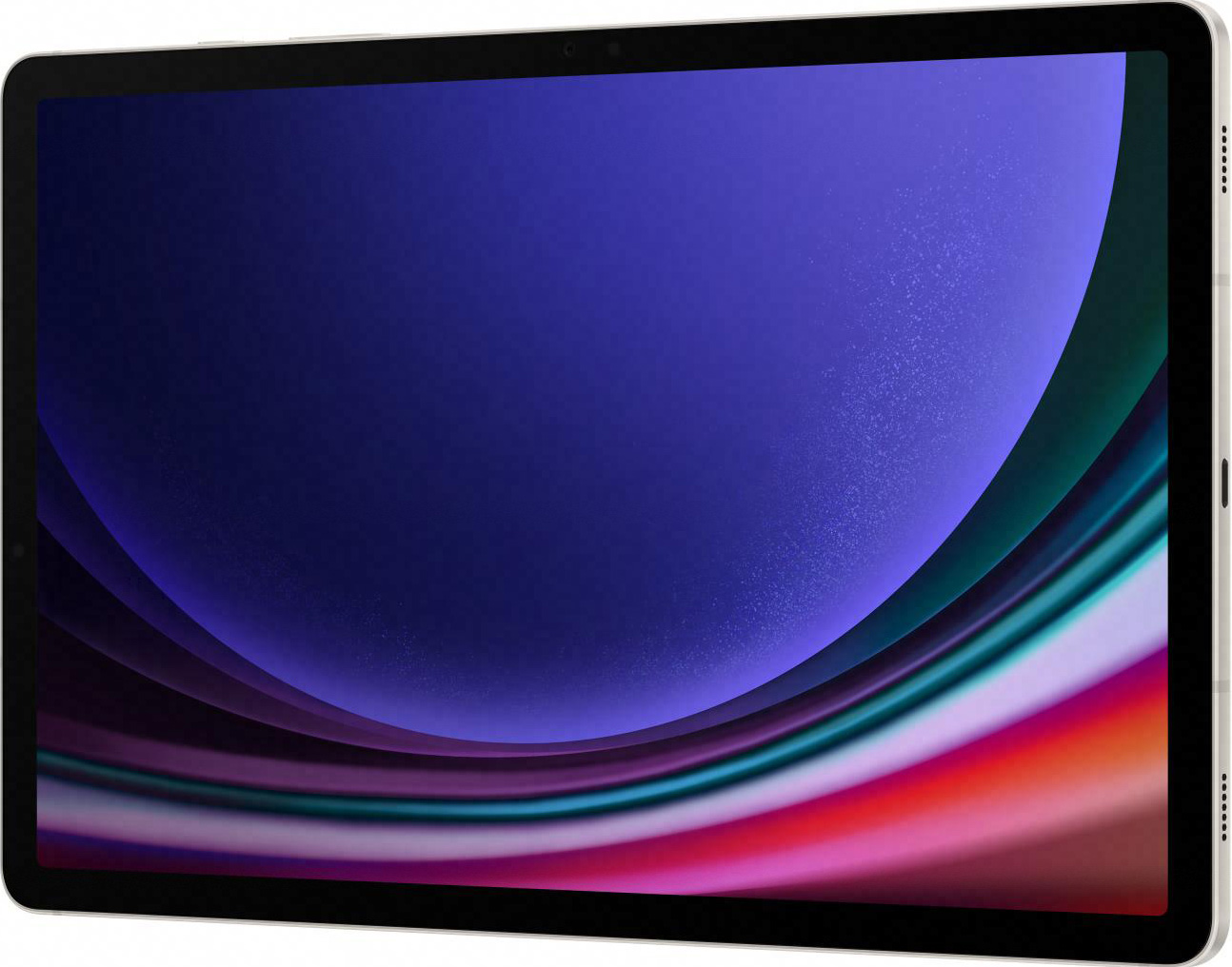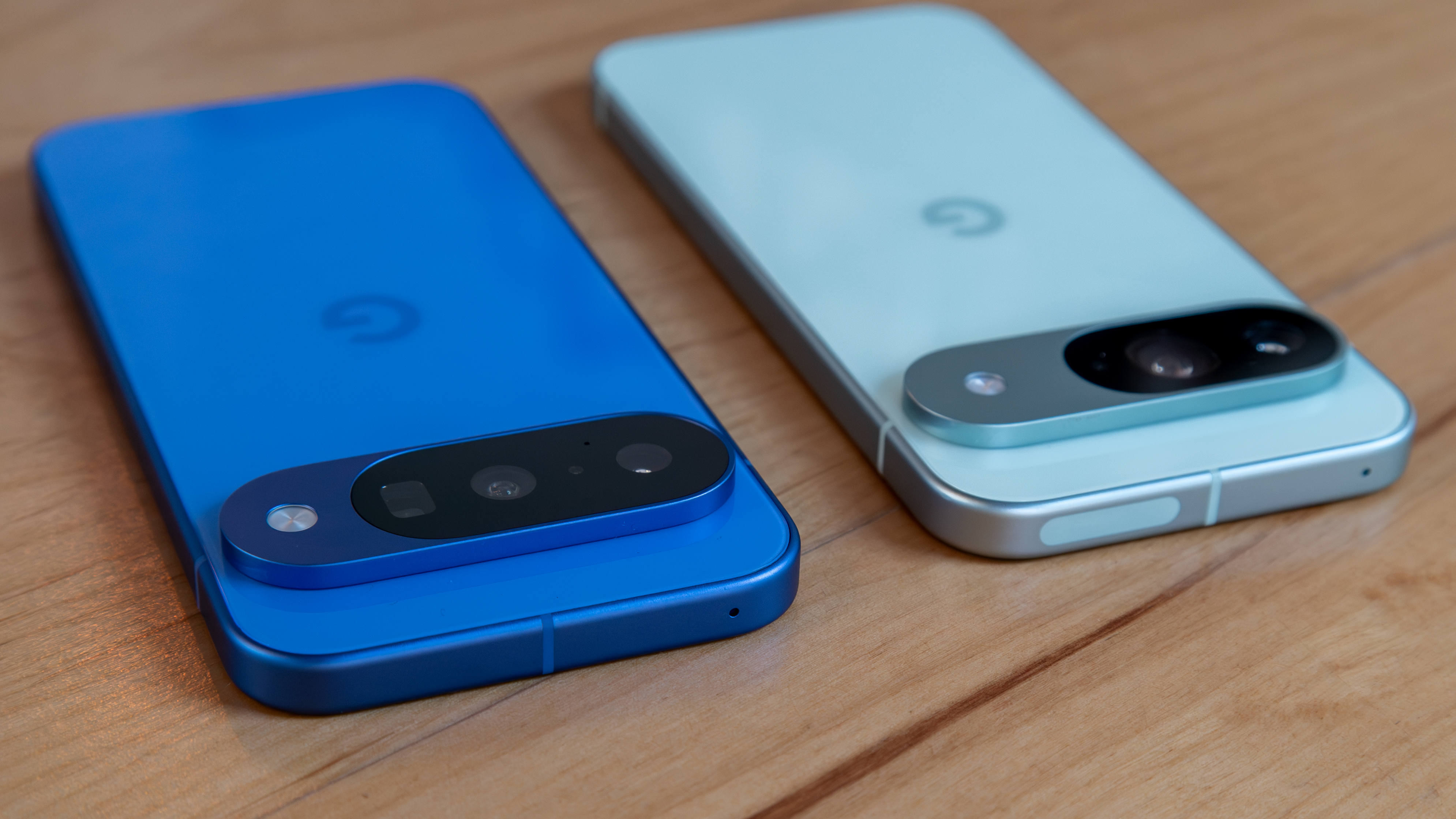The Galaxy Tab S9's greatest trick should become the new normal for tablets
Apple's loyal iPad owners are going to start asking why they don't have water-resistant, pool or bath-ready tablets, too.
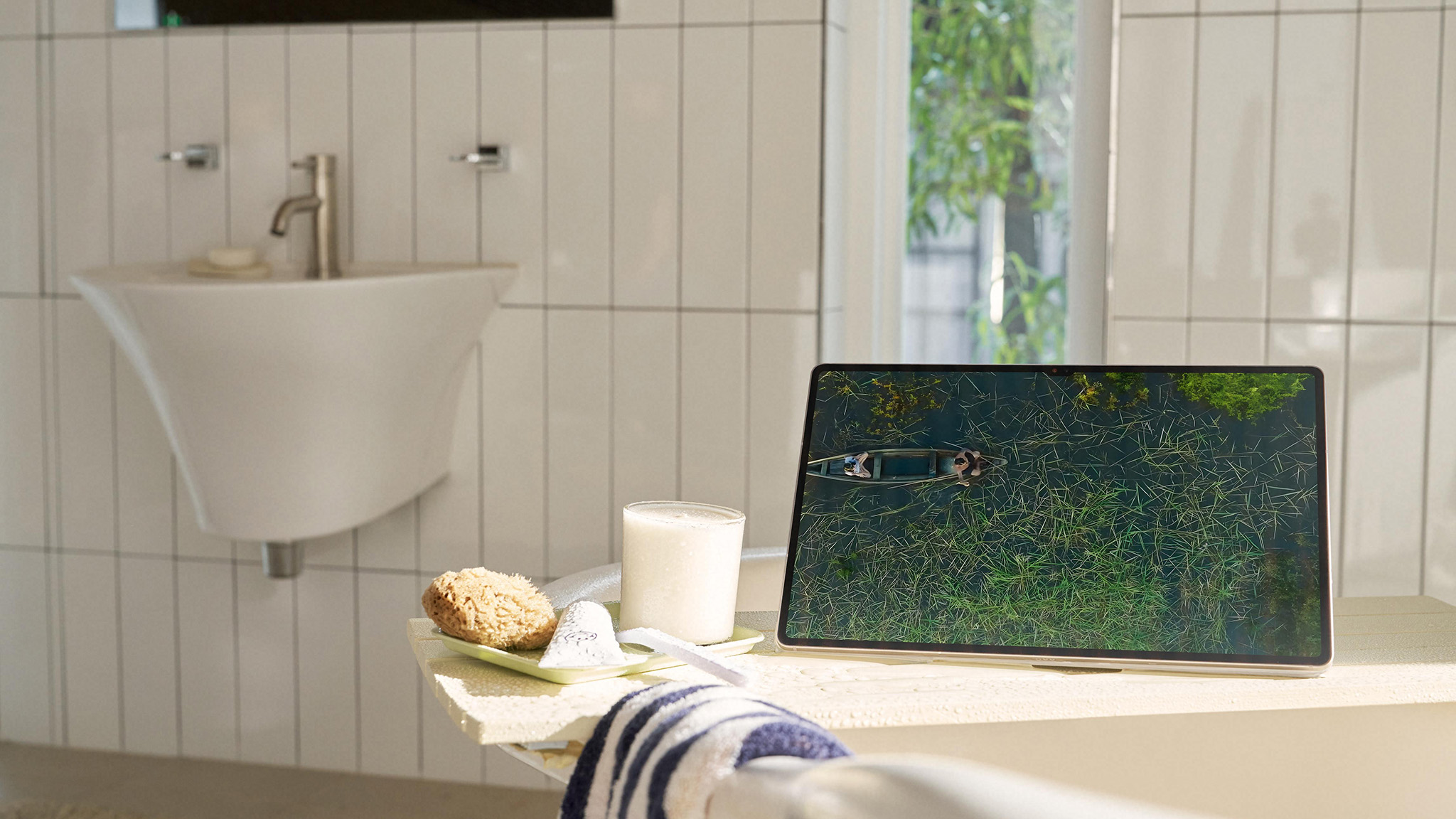
Before Galaxy Unpacked 2023, if you wanted a waterproof tablet, you'd have to buy some bulky, rugged behemoth that's not suited for casually streaming in bed. Now, the water-resistant Samsung Galaxy Tab S9 is going to jump-start a new conversation about why, exactly, companies don't protect your tablets the same way they shield your phones (and everything else).
If Samsung or Apple sold a flagship phone that wasn't water-resistant today, it would cause an uproar. Consumers have gotten accustomed to it since the Galaxy S6 and iPhone 7 made IP68 dust and water resistance the industry standard by 2016.
Seven years later, even some cheap phones get an IP rating, not to mention smartwatches, wireless earbuds, Bluetooth speakers, smart home cameras, and plenty of other gadgets.
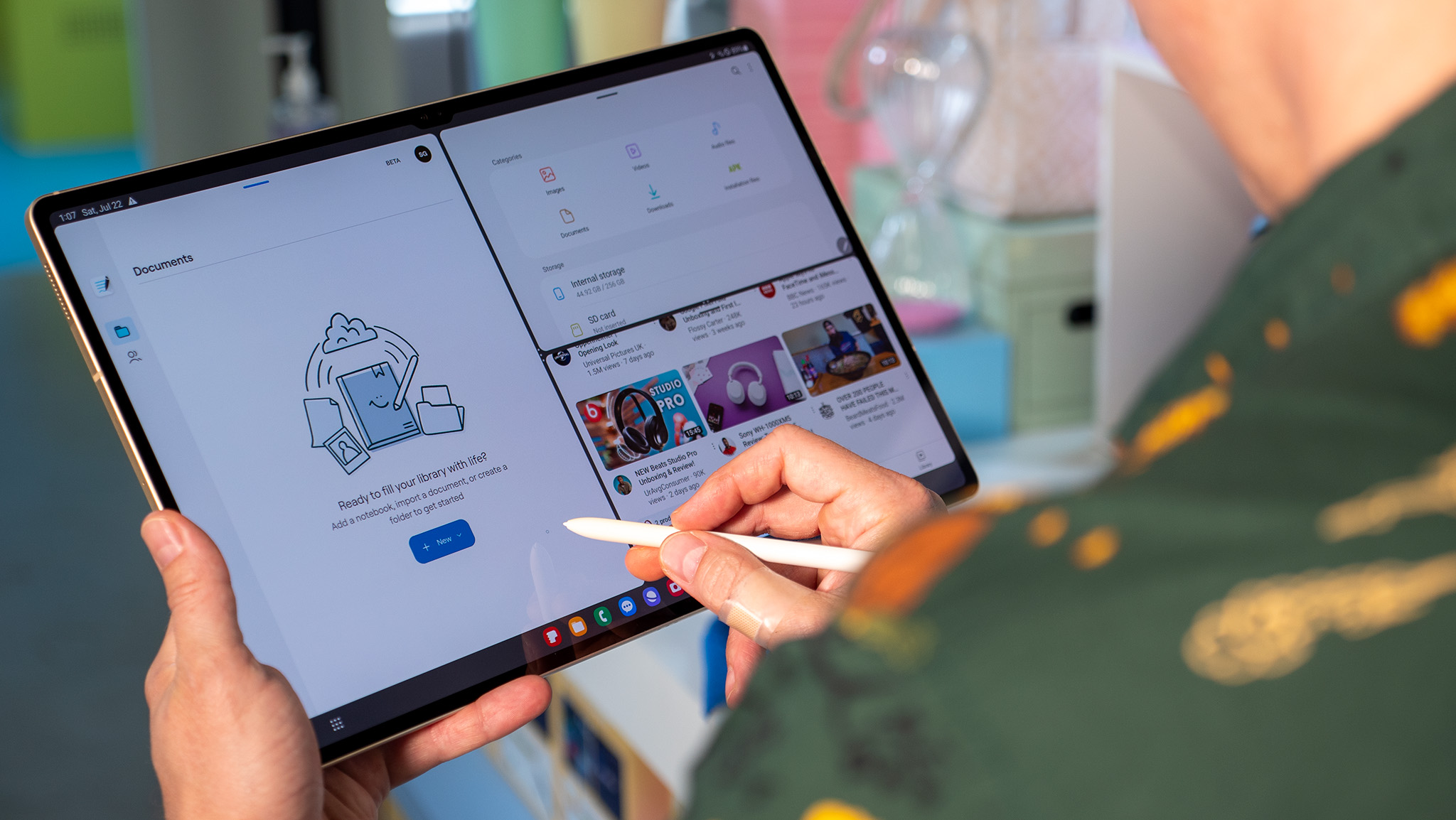
With tablets, it's always been up to consumers to avoid spills. Even though your $1,000+ iPad Pro or Galaxy Tab S spends a lot of time at home surrounded by glasses of water, demonic pets, and reckless children, companies just haven't put in the effort to bath-proof them.
To be clear, the Samsung Galaxy Tab S9 isn't fully waterproof. But it can sit in 5 feet of water for 30 minutes, provided you dry it afterward, and don't try to charge it immediately after. Most likely, Samsung uses a combination of glue and hydrophobic coating to protect the Tab S9 internals, as it does with the Galaxy Z Fold 5.
Samsung says it's "not advised for beach or pool use," but it says the same thing about the Galaxy S23. So long as you don't let it soak in chlorine or salt water too long, the Galaxy Tab S9 could probably survive both now when it couldn't before.
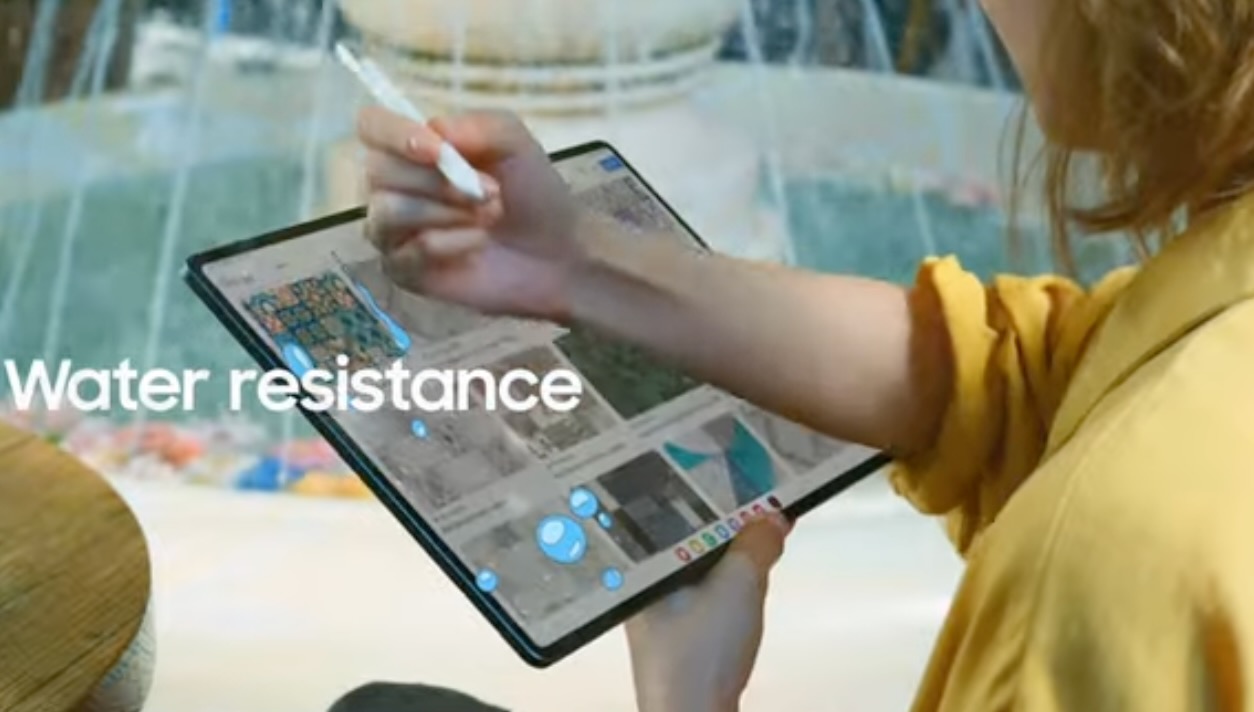
Whatever Samsung's reasons for finally protecting its tablets, it throws a gauntlet in Apple's direction.
Get the latest news from Android Central, your trusted companion in the world of Android
According to an IDC report, Apple sells double the number of tablets as its number-two rival, Samsung (61 million vs. 30 million last year). But all tech companies are greedy. If Samsung can claw back even a small portion of Apple's 38% market share with the Galaxy Tab S9, Tim Cook and the company will see it as a failure.
Almost no one will buy a tablet for water resistance alone, or if they do, they'll probably still look at rugged tablets for more enterprise or outdoors-focused tools.
Still, if Samsung plays its cards right with marketing, it can push the Tab S9 as a fun tablet you can safely take anywhere. Aside from water resistance, it has Vision Booster to make its display fully visible in sunlight, and the S Pen is handy for taking it to school for note-taking or sketching. For anyone who wants to take their tablet outside their homes, it'll make other tablets without water resistance look deficient.
My coworker Jerry Hildenbrand rightly pointed out that spending $1,200 on a Tab S9 Ultra is a bad call since Samsung didn't bother to bundle it with a keyboard. But I predict the $800 Galaxy Tab S9, with its new OLED display and ultra-fast Snapdragon 8 Gen 2 chip, could make a real impression on consumers — and force Apple to take notice.
I also expect a small portion of users will get excited by the Galaxy Tab S9 Plus 5G. Cellular data will let you use it in more places, while Vision Booster and the IP rating make it more reliable in varied environments.
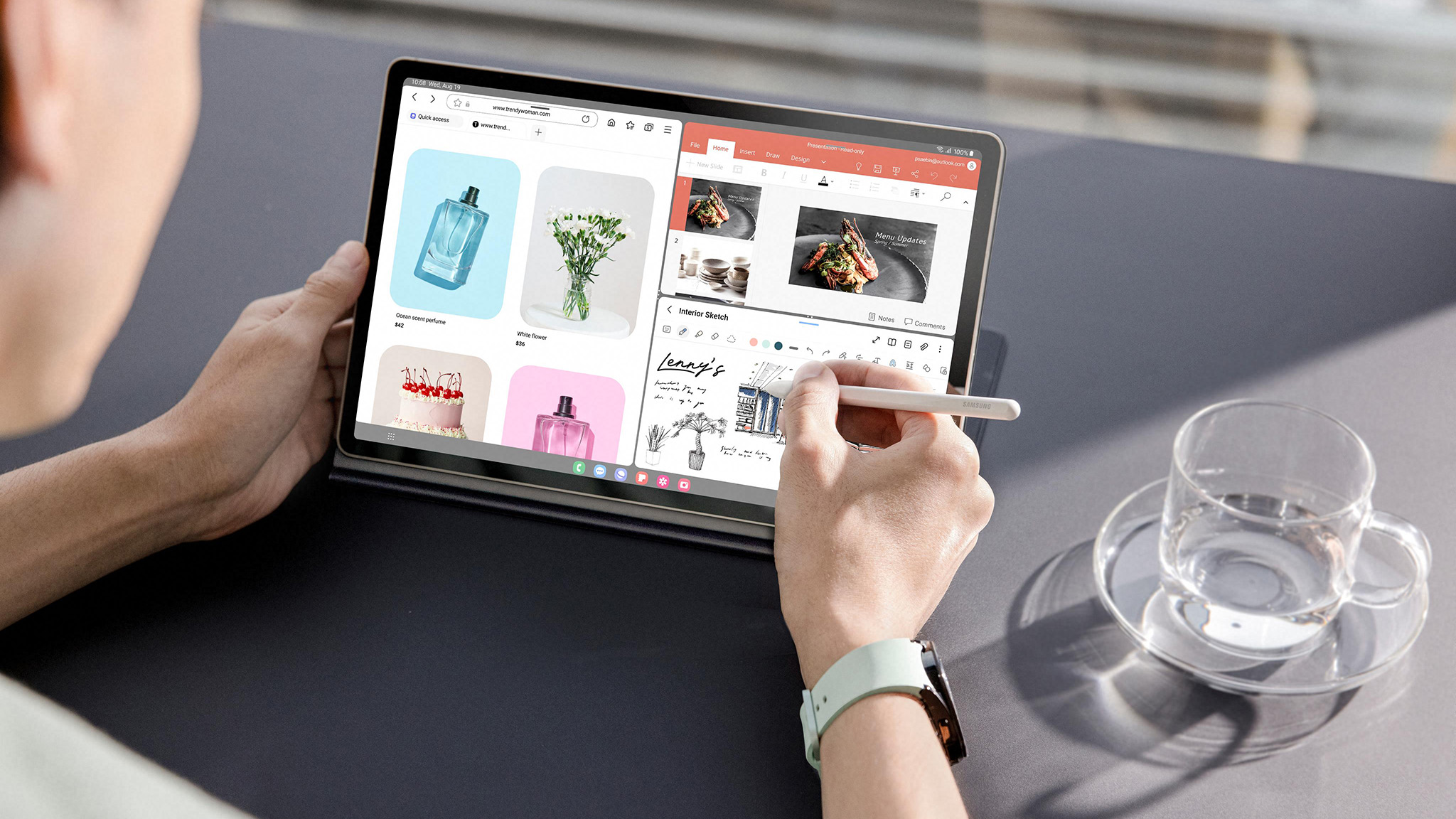
This isn't a Lightning port or RCS situation, where Apple can pretend its decisions to avoid innovation and lock in customers are actually positive and ignore any naysaying. This is a simple case of Samsung beating them to the punch and taking better care of its customers.
So even if it takes some time for Apple to implement, iPad fans have reasons to be optimistic that Samsung's move will benefit them in the long run, too.
As for other tablet brands, I have little hope that Amazon's budget tablets will ever implement waterproofing. But perhaps the other best Android tablets from Google, Lenovo, and other brands will see an IP rating upgrade in the future.

Michael is Android Central's resident expert on wearables and fitness. Before joining Android Central, he freelanced for years at Techradar, Wareable, Windows Central, and Digital Trends. Channeling his love of running, he established himself as an expert on fitness watches, testing and reviewing models from Garmin, Fitbit, Samsung, Apple, COROS, Polar, Amazfit, Suunto, and more.
